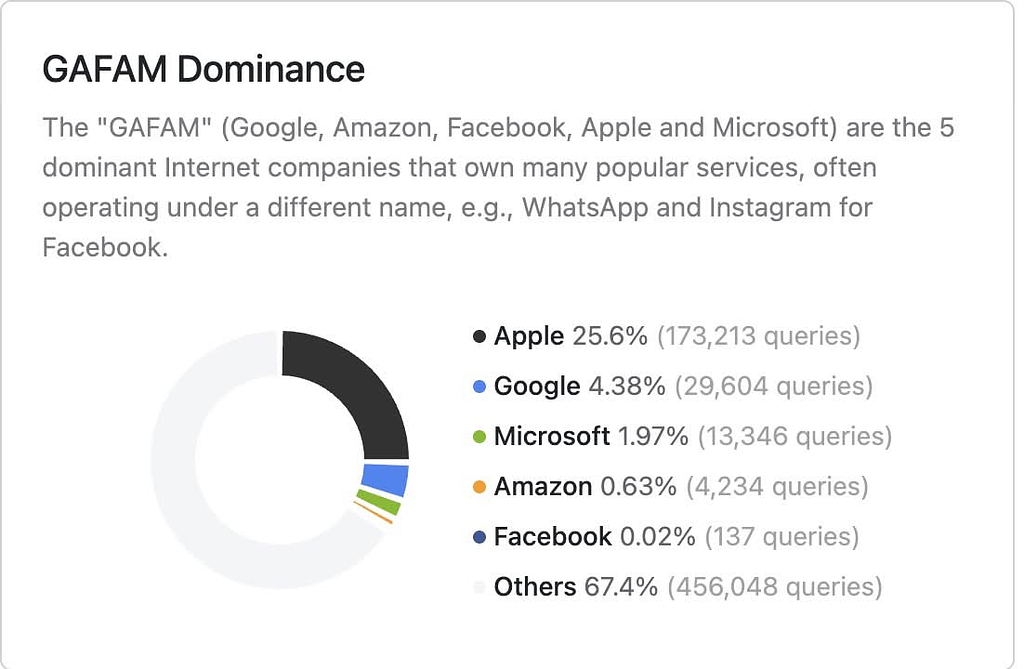Sen. Alex Padilla handcuffed after forced removal from DHS press conference
China, together with 53 African countries and the African Union Commission, just announced the China-Africa Changsha Declaration on Upholding Solidarity and Cooperation of the Global South.
Crew ejects before South Korean fighter jet skids off runway at Eielson Air Force Base
China is putting a six-month limit on rare-earth export licenses for U.S. automakers and manufacturers, The Wall Street Journal reported on Wednesday citing people familiar with the matter.
Russian forces ate into more Ukrainian territory in May than in almost any month since the end of 2022
Navy backs right to repair after $13B carrier goes half-fed 🤣
PartCrafter: Structured 3D Mesh Generation via Compositional Latent Diffusion Transformers
L.A. Unrest: Funder of HK protest gets taste of own medicine















If western economic integration actually meant anything then it would've been.